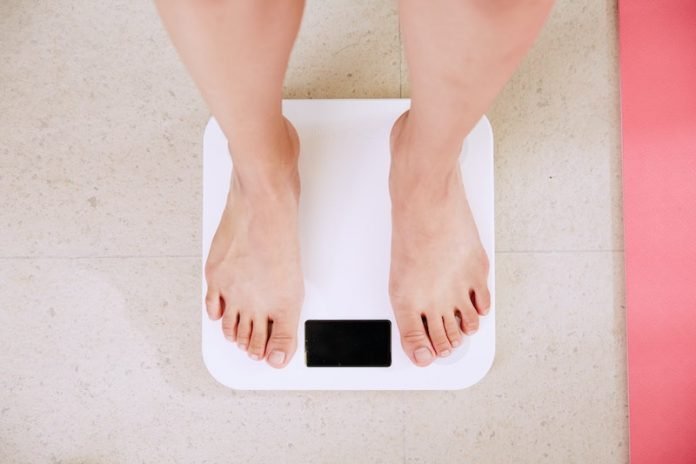
This is the year you’ve vowed to lose weight. You step on the scale to mark the starting point toward your goal.
Now how often should you hop back on to check your progress?
The answer isn’t always so simple. Perhaps every day, perhaps every week, with the qualifier that the scale isn’t the only way to gauge whether you’re headed in the right direction.
A study presented at the American Heart Association’s recent Scientific Sessions conference concluded that daily weigh-ins might be beneficial.
Researchers tracked 1,042 adults over a year and found that people who weighed themselves once a week or less did not lose weight, while people who weighed themselves six or seven times a week averaged a 1.7 percent weight loss.
But there can be drawbacks to spending too much time on that scale.
“You can get obsessive about it,” one researcher said. “We want to focus on trends and not get hung up on today’s number. Weighing daily may be distressing if you don’t see the scale change, or have a negative impact on motivation.”
“Keeping tabs on your progress is important to help achieve your weight loss goals,” said another researcher. However, she added, “If daily weighing causes you more anxiety than motivation, then it’s not right for you.”
Several factors can affect anxiety and motivation. Different scales can yield different results at different times of day, which is why experts recommend using the same scale at the same time.
Even on the same scale, one researcher said, “Your weight can fluctuate because of different things: your fluid intake, your hormone levels, your activity level. We don’t want to get too hung up on the number.”
In addition, the scale is not the only measure of success.
One researcher advises her clients to also monitor their body fat percentage and waist measurement.
Men are advised to have a waist circumference – the distance around the natural waist – of less than 40 inches, while women should aim for a waist that measures less than 35 inches.
If you care about weight loss, please read studies about popular weight loss diet may bring risks to your heart health and findings of the real cause of excessive weight gain.
For more information about weight management, please see recent studies about this eating habit may cause weight gain, high blood sugar and results showing that this eating style may help lower blood pressure, improve weight loss.



